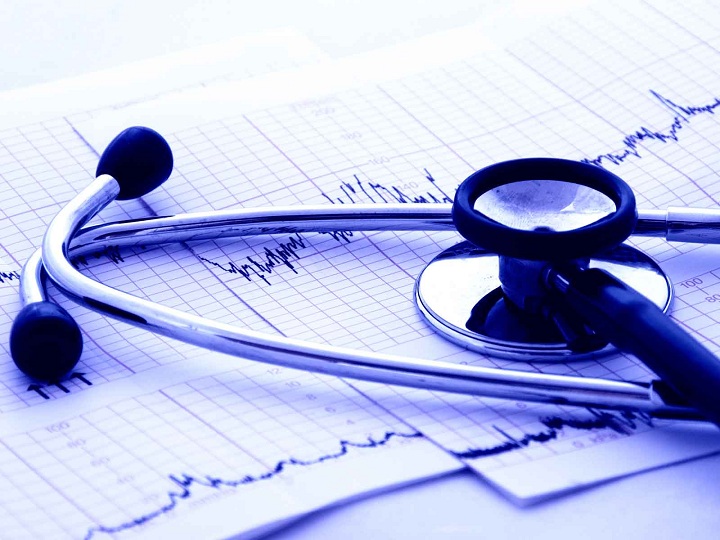How much do you know about your kidneys? They remove toxins, make red blood cells and keep your bones healthy, among other key functions that keep your body running.

“Your kidneys are kind of like the master chemists of your body. They’re critical for removing waste and toxins – people go on detox diets, but it’s the role of the kidneys to remove excess when it builds up in the blood and prevents it from becoming toxic,” June Martin, a registered renal dietitian at the Grand River Hospital’s Renal Program, told Global News. The program is part of the Ontario Renal Network.
READ MORE: If you’re going to do one thing for a healthier 2017, choose one of these
To mark World Kidney Day, here are important things you need to know about this vital organ and all of the heavy lifting it does to keep you healthy.
Your kidneys are critical to your overall health
You have two kidneys – one on each side of your spine in the middle of your back. The kidneys remove waste from the blood and return the cleaned blood back to the body, they keep the volume of water and salt in the body constant, they control blood pressure, promote the making of red blood cells and they maintain vitamin levels to preserve bone health.
READ MORE: 12 foods dietitians always keep stocked in their fridges, freezers and pantries
It’s one of the five vital organs in your body – next to the brain, the heart, the liver, and the lungs.
There are no symptoms that warn you of kidney damage
About 2.6 million Canadians have kidney disease or are at risk of it, according to the Kidney Foundation of Canada.
A diagnosis of chronic kidney disease means the kidneys have not been working properly to carry out their functions for at least three months.
READ MORE: Trying to lose weight? 10 tasty foods you’ll like and can eat guilt-free
“When your kidney has been damaged significantly you may not even experience symptoms but at that point you see how important your kidneys are,” Martin said.
Certain people are at higher risk
As Canadians get older, there are more people at risk of developing kidney disease. Between 2012 and 2015, for example, Ontario saw a 63 per cent increase in patients with advanced chronic kidney disease.
You may be at high risk for chronic kidney disease if you have diabetes, high blood pressure, a family history of the disease, are older than 60, or have a certain ethnic background, such as First Nations, Martin said.
READ MORE: 8 so-called ‘healthy’ foods registered dietitians wouldn’t (or rarely) eat
It’s hard to pinpoint what causes kidney disease, too. Sometimes it’s part of a systemic disease, such as diabetes, lupus, infections or certain cancers.
Your lifestyle can play a key role in prevention
Even if you’re at high risk of developing kidney disease, there are ways you can keep your kidneys as healthy as possible for as long as possible. They include:
- Exercising for at least 30 minutes a day
- Maintaining a healthy weight
- Limiting how much alcohol you’re drinking
- Staying away from smoking
- Keeping your blood sugar and blood pressure under control
- Eating a healthy diet
When it comes to diet, skip the salt, processed food, and fast food, Martin said.
READ MORE: 7 high-fibre foods that help with losing weight, feeling full
“Those are tough on the kidneys. Cook from scratch when you can and consider choosing plant-based proteins – those are better for your kidney health,” she said.
Make sure you’re drinking enough water, too.
“You want to be kind to your kidneys and drink enough fluid to keep them nice and wet. That’s important as we get into the summer months,” she advised.
READ MORE: This food will make you feel fuller if you’re trying to lose weight
Try not to take excessive amounts of vitamin supplements, protein powders and herbal extracts, too. These can be hard on your kidneys as they work to clean out your body.
Get tested if you need to
A simple urine test or blood test can give you an idea of what’s going on with your kidneys. The Kidney Foundation also offers this risk calculator.
carmen.chai@globalnews.ca
Follow @Carmen_Chai




Comments